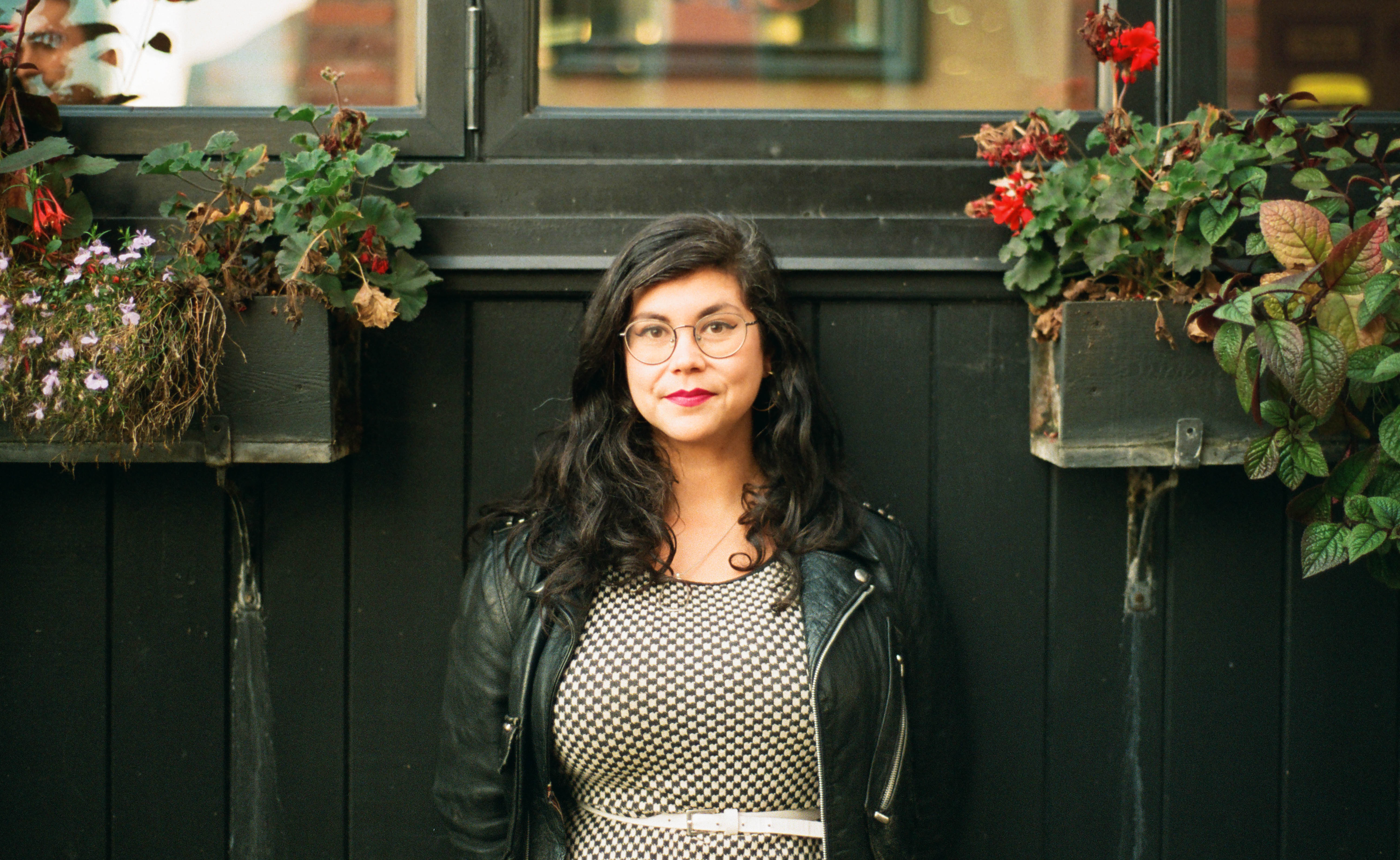 Editorial Assistant Anastasios Mihalopoulos' Interview
Editorial Assistant Anastasios Mihalopoulos' Interview concrete details, and cultural references can illuminate the mood of the essay. I think poetry also generates a willingness to play with metaphor and forms that transposes over to CNF in fruitful ways. My poetic background often invites into my nonfiction a sense of "what if"--a permission to write not just what exactly happened in a journalistic sense but to speculate and imagine when shaping events from real life into narrative.
AM: In the essay you arrive at the epiphanic statement “—music is a way to survive”. What does this idea mean to you and how do you see yourself and others turning to music in this way?
AB: The epiphany in that moment occurs to a younger version of myself who learned, from her sister, about how art and expression are an important and powerful way to channel emotions, create identity and purpose, and transform the ugly material of life into something beautiful to behold. I have to admit that I'm a little more ambivalent about this idea as an adult--art may plant the seeds of survival but we can't survive on art alone. My sister couldn't live inside her music--I can't live inside my poems. I also believe we need support, care and material resources to survive. But that belief in the potential of art lingers even if I no longer think it's fully enough to live off of.
AM: In addition to treatment of music and time, this essay is doing a lot of interesting work with the role of memory. Regarding CNF, how do you see the role of memory/or the lack thereof at work in this essay as well others.
AB: For a long time I struggled with CNF because of my patchy memory. But eventually I realized I could use those gaps as a generative site rather than seeing them as a flaw or lack. I can write around what isn't there, speculate about it, or integrate it in some way. In the case of this essay, I let the inky darkness of memory hit and haunt the reader as it does me.
AM: In the essay you write a poignant line regarding your sister playing guitar after returning from the hospital. “… as if music were a spell that could assuage paternal guilt”. Here, music, and the guitar in particular, occur as characters as much as yourself and your sister. What role do you see the guitar playing in this piece as both a gift and a reminder of past abuse.
AB: I mean the guitar is both a gift and emblem of abuse--it's inescapable. And isn't that the way of these things? Some terrible combinations of meanings jutting out in various, often contradictory directions. An abusive parents' gifts will always be laced with betrayal and violence--and how do you parse everything out? I have to hold a strange paradoxical gratitude to my father for bequeathing the gift of music while acknowledging the lack of safety and care that didn't but was supposed to accompany it.
AM: You have mentioned previously that this essay may be a part of a larger project. Can you talk a bit about how that work is forming and how this essay fits into that collection?
AB: Yes, this essay comes from my memoir Black Cherry, which explores limits and possibilities of writing in the wake of traumatic grief. The essays track the sisterhood between me and my late older sister Elissa and how our entwined survival shaped our relationships with art and each other. "Cobra Blue Mustang Strat" was one of the first sections I wrote and I think one where I truly felt the project take shape in terms of style and narrative. Through this essay I learned to build the sensory experience of having this fiery comet of an older sister learning guitar and fighting back against our parents. It was a real anchor for the project. Also, I had to examine the wisdom I inherited from Elissa's example and all these lush details. I got to investigate what it meant for me personally and on a larger level when she sang "Zombie" by the Cranberries at home and at her Catholic High School talent show. I'd say this essay was key for me unlocking my creative nonfiction voice with its lyrical, maximillist leanings and also for forcing me to begin to identify the story of me and my sister.
Adèle Barclay is the author of two poetry collections If I Were in a Cage I’d Reach Out for You, which won the 2017 Dorothy Livesay Poetry Prize and Renaissance Normcore. She is currently working on fiction and creative nonfiction projects. They teach literature and writing at Capilano University.









